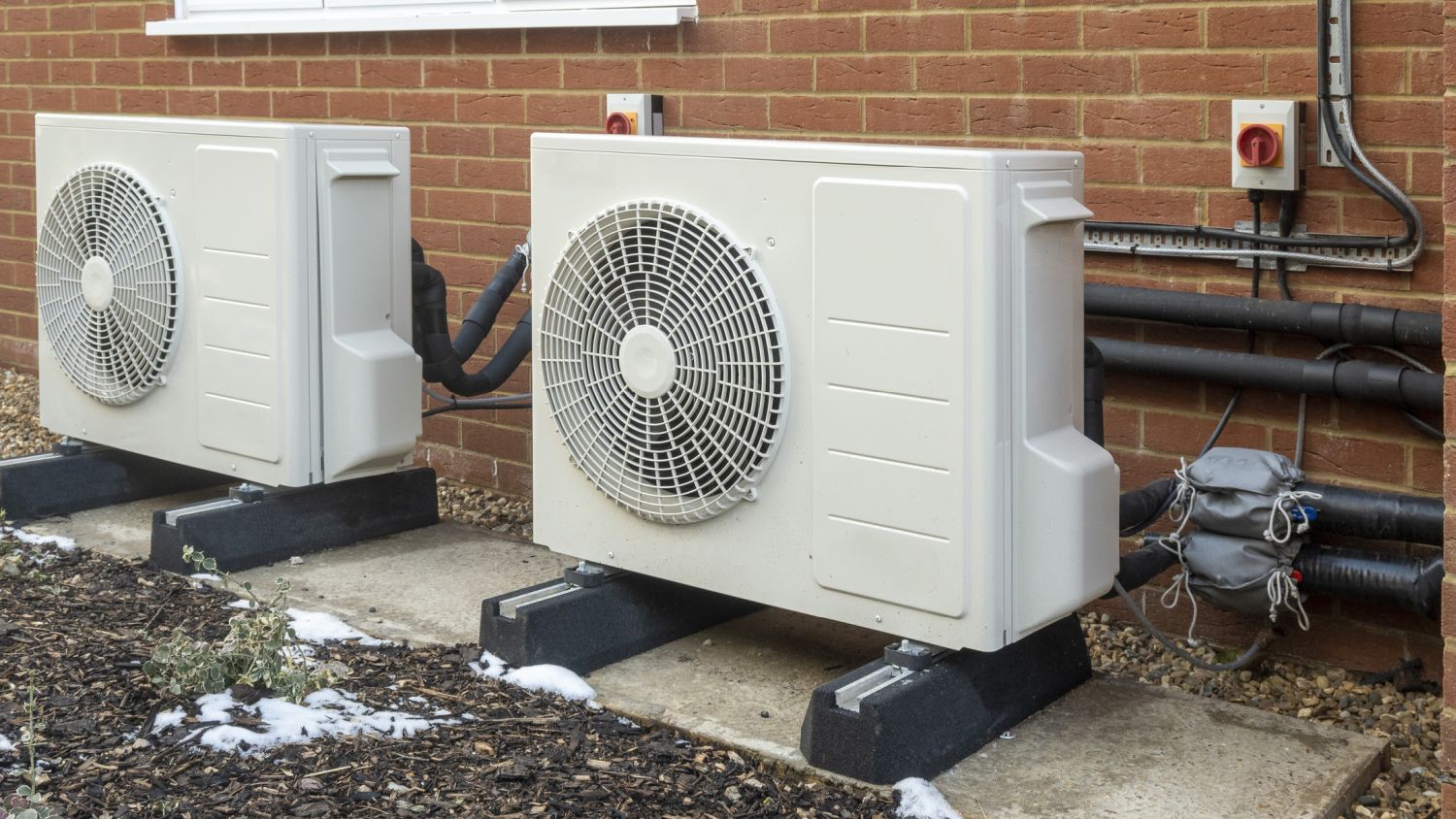
Poorly designed retrofit schemes, a skills crisis and costly assurance failures “have significantly set back” efforts to decarbonise homes, MPs have said in a new report.
The Energy Security and Net Zero Committee said there have been “too many stop-start government schemes” – at least 10 since 2013, almost all with short-term funding – which are failing consumers, installers and the supply chain in delivering warmer and lower-carbon homes.
MPs are calling for a national Warm Homes Advice Service to signpost consumers to advice, certified installers and financial support.
A total of 29 million homes will need retrofitting by 2050 if the government wants to achieve its emission reduction targets. However, there are currently 98% fewer energy efficiency measures being installed in homes compared to the trajectory the UK was on in 2010.
The committee also questioned whether Energy Performance Certificates (EPCs) are fit for purpose, saying they do not support decarbonisation. Based on the costs of heating a home rather than its carbon footprint, EPCs often recommend consumers install a new gas boiler rather than a heat pump.
MPs are calling for the EPC metric to be reformed to account for both home heating costs and emissions.
‘Long-term policies are the way forward’
Amanda Williams, head of environmental sustainability at the Chartered Institute of Building (CIOB), said: “We are pleased to see the Energy Security and Net Zero Committee highlight the ongoing issues preventing the retrofitting of UK homes at the scale and pace needed. Households continue to suffer the impacts of high energy costs and drafty homes, which can be detrimental to finances, health and standards of living, as well as severely hampering the drive to net zero.
“CIOB has previously highlighted what the report refers to as ‘stop-start government support schemes’, which undermines their effectiveness. The Green Homes Grant is one such example, where assumptions were made about the capacity within the industry to deliver the energy efficiency improvements on offer.
“Our sector has well-documented skills and worker shortages, so instead of short-term, ever-changing schemes, long-term policies that provide a steady pipeline of demand for retrofitting must be the way forward. This would provide the industry with the assurance to invest in training and upskilling the workforce, which in turn gives households confidence that retrofit works will be delivered by suitably qualified people. This is essential to address the current low levels of consumer confidence, which both CIOB and the Committee have highlighted.”
Gaining trust for retrofitting
Williams added that gaining trust in the industry to deliver high-quality retrofit measures is key to improving the take-up of support schemes. “We would also urge the government to carefully consider the funding of, and access to, these schemes, as even part-payment towards retrofit work is unaffordable for many when due in one lump sum. CIOB has previously made the case for an interest-free loan scheme to increase uptake, alongside well-advertised and trusted grants, made available over the long-term.
“We also agree with the committee’s call for EPC rating reform and contributed to the government’s consultation on this earlier this year. We hope some of our recommendations, along with those made by the committee, will be incorporated in the consultation response.”
The current system is not fit for purpose, she said, and often fails to fully capture the retrofit measures that would deliver maximum reductions in carbon output from heating homes and ensure everyone has a warm home in which to live.
“The scale and complexity of the retrofit challenge is daunting, but to overcome it, it’s vital there is a clear strategy addressing consumer confidence, the provision of advice, and access to and the promotion of schemes and funding. It must also cover ways to raise quality and standards through increasing provision for skills, training and accreditation.”











